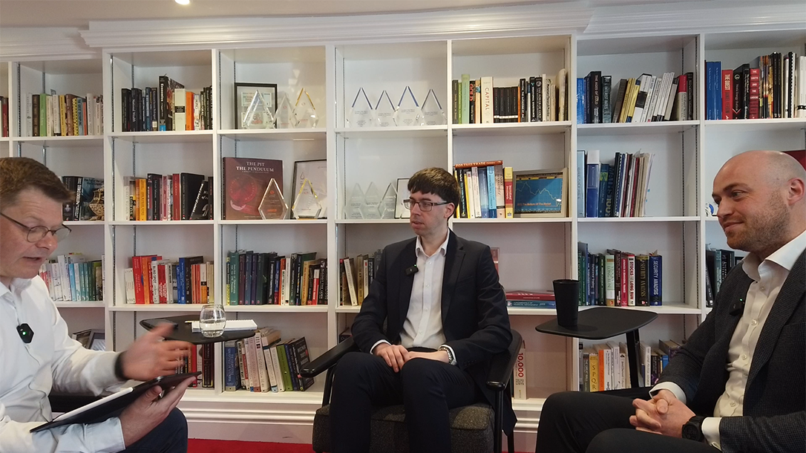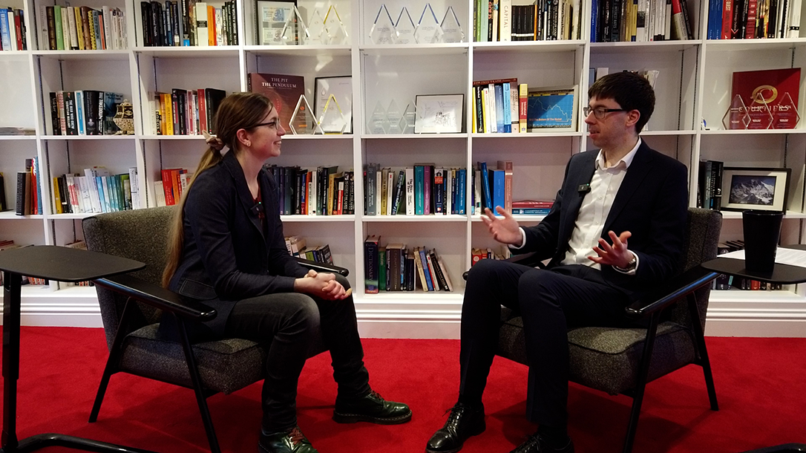The outbreak of COVID 19 across the globe has had a significant impact on global markets. The below chart shows the MSCI World index over the last fifteen years:

Source: Bloomberg, 31/03/2005 – 31/03/2020. Based on total return, income reinvested.
The downturn in the value of stocks is reminiscent of the global financial crisis in 2008, but this decline has been much steeper, with the additional uncertainty surrounding the pandemic causing investors to panic even more. At the low point on 23rd March, the index had wiped out the last three years’ worth of gains, before going on to recover slightly towards the end of the month.
The coronavirus isn’t the only event that has shaken markets in the last month. On 9th March Saudi Arabia launched an oil price war against Russia, sending the price of oil plummeting to historic low levels. Equity markets, already in turmoil due to the COVID 19 outbreak, also plunged, with the FTSE 100 index and the S&P 500 index losing -7.69% and -7.60% respectively in a single day.
Currencies have also been affected by the market volatility. The US dollar – often viewed as a ‘safe haven’ currency – saw gains during the month, at one point sending the pound to its lowest value against the dollar since 1985.
A full round-up of March market performance
In the UK, the FTSE 100 index fell -13.41%, while medium and smaller companies, measured by the FTSE 250 ex IT index and the FTSE Small Cap ex IT index, declined -24.60% and -25.79% respectively. In the US, the S&P 500 index dropped -12.35%, while in Europe the Eurostoxx 50 index sank -16.18%. Japanese stocks measured by the Topix index lost -5.99%.
Emerging market returns were also negative, with the MSCI Emerging Markets index falling -12.94%. Latin American equities, measured by the MSCI Latin America index, slumped -25.08% and Indian stocks measured by the IISL Nifty 50 PR index slid -23.25%. Chinese stocks were a bit more resilient, with the MSCI China index declining just -6.72%.
In the fixed income market, UK government bonds, measured by the FTSE Gilts All Stocks index, gained +1.42% and long dated (over 15 years to maturity) gilts rose +2.52%. European corporate bonds, measured by the Markit iBoxx Euro Corporates index, lost -6.92% while sterling denominated corporate bonds, measured by the Markit iBoxx Sterling Corporates index, slipped -7.53%. In the high yield market, the Bank of America Merrill Lynch Euro High Yield index and the Bank of America Merrill Lynch Sterling High Yield index shed -13.21% and -13.19% respectively.
Commodities had a poor month. The S&P GSCI index, which consists of a basket of commodities including oil, metals and agricultural items, relinquished -29.43%. This was largely driven by the oil slump, with the price of a Brent crude oil futures contract plummeting -54.24%. In the agricultural markets corn fell -7.47% while wheat gained +8.33%. The precious metals were also mixed as the S&P GSCI Gold and Silver indices returned +1.77% and -13.94% respectively.
In the currency markets, the pound lost ground against most major currencies including the US dollar (-3.14%), the euro (-3.20%) and the yen (-3.48%).













